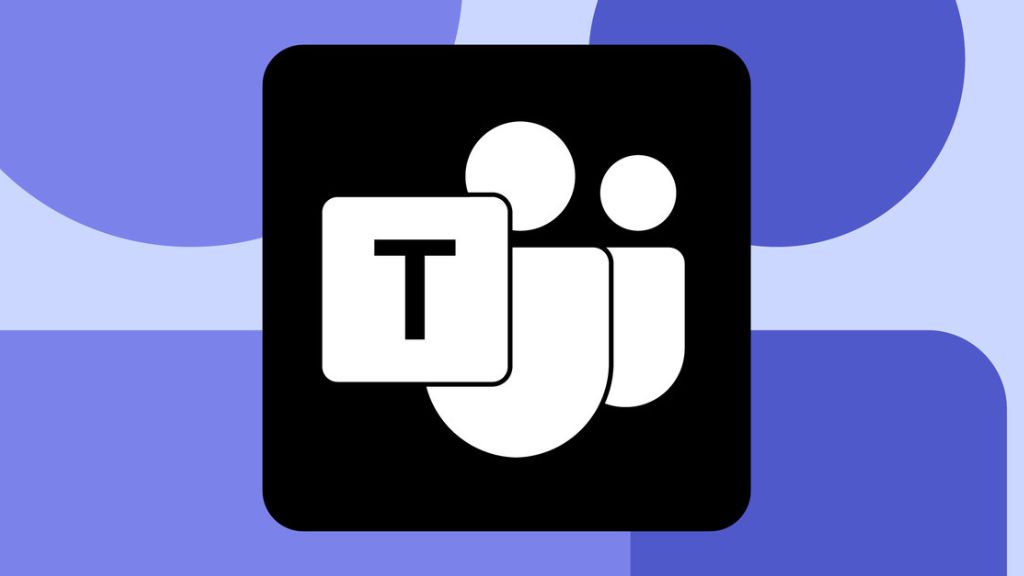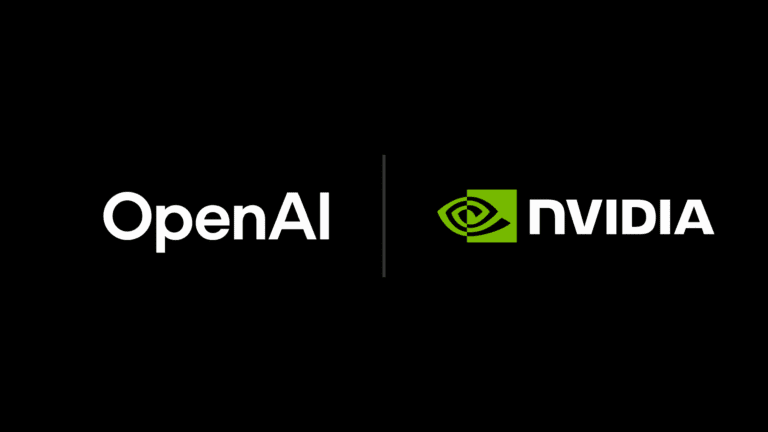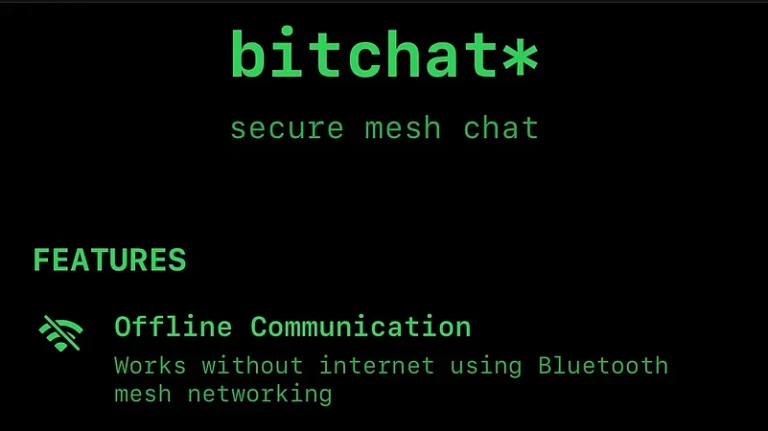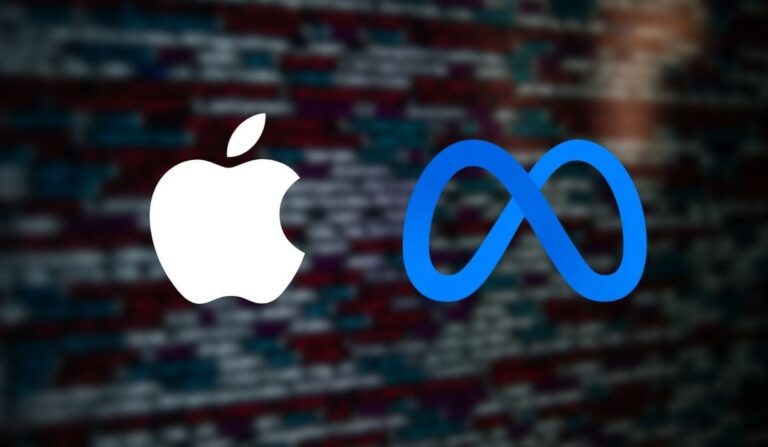
In an exciting leap forward for global collaboration, Microsoft Teams is now enabling real-time translation of meetings using advanced AI technology. This innovative feature aims to break down language barriers, making it easier for teams worldwide to connect, communicate, and collaborate effectively.
AI-Powered Translation: A Game-Changer for Businesses
Microsoft Teams has always been a go-to platform for businesses and organizations, offering seamless virtual meeting experiences. With the introduction of real-time AI translation, the platform now empowers users to participate in multilingual meetings without worrying about language constraints.
Whether it’s a business meeting with international clients, a team collaboration across countries, or a training session for diverse audiences, Microsoft Teams ensures that language no longer remains a barrier. By leveraging Microsoft’s cutting-edge AI technology, spoken words during meetings are translated instantly, displaying subtitles in the viewer’s preferred language.
How Does It Work?
The real-time translation feature uses Microsoft’s advanced speech recognition and language translation AI. Here’s how it works:
- Speech-to-Text Conversion: The spoken language in the meeting is transcribed into text in real-time.
- AI Translation: The transcribed text is then translated into the selected language instantly.
- Subtitle Display: The translated text appears as subtitles for participants, allowing them to follow the conversation seamlessly.
Benefits for Teams Worldwide
This groundbreaking feature brings numerous benefits:
- Enhanced Inclusivity: Team members who speak different languages can now participate actively in discussions.
- Improved Productivity: Time previously spent on translations or hiring interpreters can now be used more efficiently.
- Global Reach: Companies can expand their operations and collaborations globally without worrying about communication gaps.
Availability and Supported Languages
Microsoft Teams’ real-time translation supports a wide range of languages, catering to the needs of global organizations. While the exact list of languages is continually growing, users can expect support for popular languages like English, Spanish, French, Mandarin, and more.
AI in Collaboration Tools: The Future is Here
The integration of AI in platforms like Microsoft Teams signals a larger trend toward making virtual communication tools smarter and more intuitive. With the rapid development of AI technologies, features like real-time translation are just the tip of the iceberg.
As businesses continue to embrace hybrid and remote work models, tools like Microsoft Teams are at the forefront, helping bridge gaps and foster stronger connections.
Conclusion
Microsoft Teams’ real-time AI translation is not just a feature; it’s a step toward a more inclusive and globally connected future. For businesses and teams operating across borders, this development is a game-changer, promising smoother communication and greater collaboration.
As the world becomes increasingly interconnected, Microsoft Teams proves once again why it remains a leader in the digital communication space. Keep an eye out for more updates as the platform continues to evolve, making work easier and more accessible for everyone.



